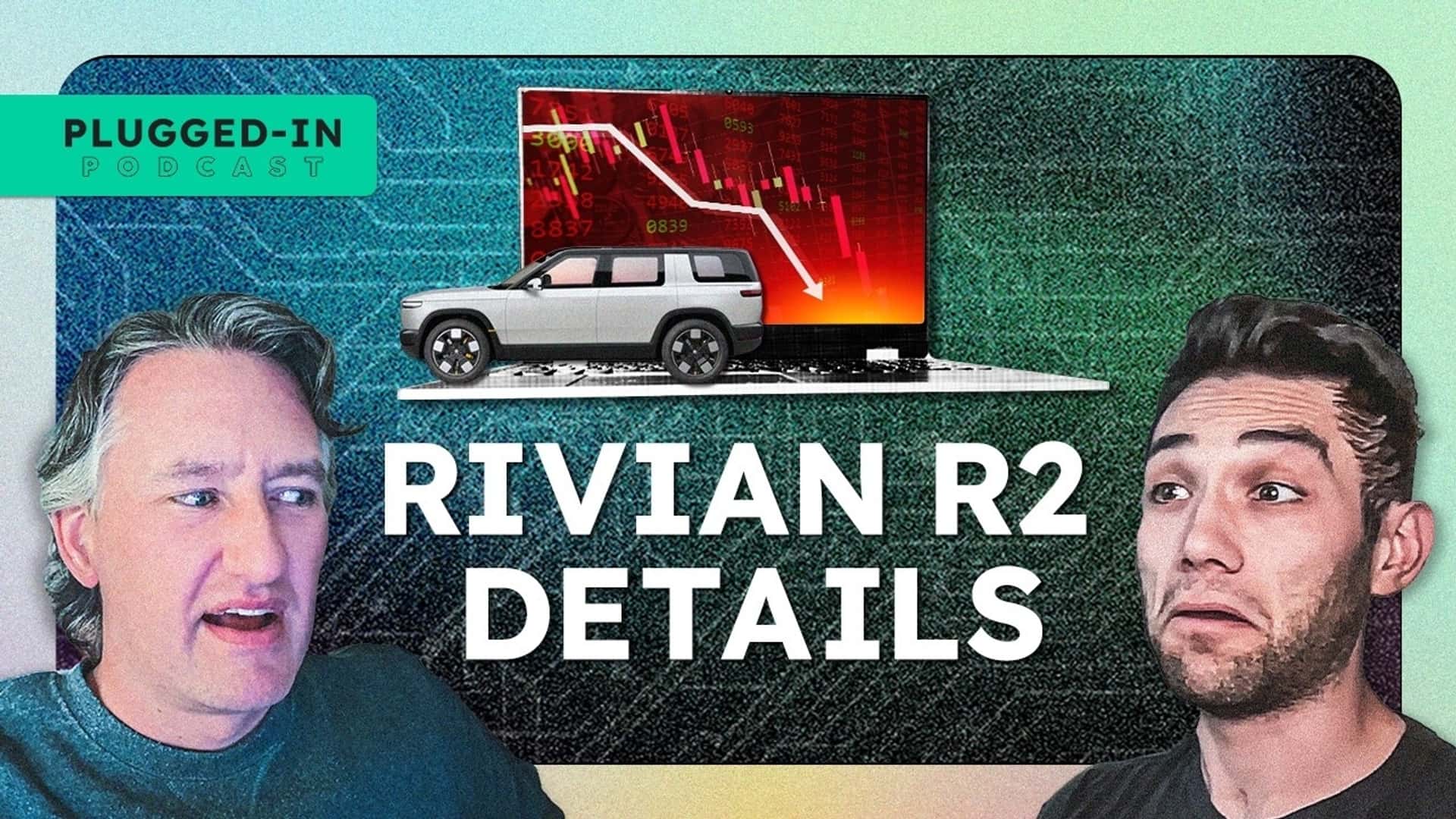
"After every good party comes a hangover (if you can't avoid one, anyway) and September's electric-vehicle sales blowout led to some nasty headaches for carmakers in October. And already, after one month, people are writing the obituary for the EV in America. But is it that simple? Did EVs just never stand a chance without help from the $7,500 tax credit?"
"But I also think there's a problem with new-car affordability in America, agnostic of what powers those cars. The average new car in the U.S. is now around $47,000 to $50,000, depending on the data you're looking at. Cars are more expensive than ever. I don't think people were securing $229 a month lease deals on the Honda Prologue because they were passionate about EVs; I think they bought EVs in part because that's where the best deals were for months."
"Yet EVs always needed to stand on their own at some point, and Rivian is hoping that its upcoming R2 can do exactly that. We also discuss what we know about the R2 Launch Edition, which may not be the promised $45,000 base price but will be nicely equipped and not too wildly expensive. At least, that's what CEO RJ Scaringe says. We'll find out in a few months."
Electric-vehicle sales fell sharply in October following a policy-driven surge in September, creating pain for several automakers. Popular models such as the Hyundai Ioniq 5 experienced notable sales declines when the $7,500 tax credit expired. Average new-car transaction prices near $47,000–$50,000 are creating affordability challenges across the market regardless of powertrain. Attractive lease and purchase incentives previously boosted EV adoption by lowering monthly payments, but many of those deals have disappeared. Automakers must confront wider economic forces and pricing strategies to sustain EV momentum. Rivian aims to introduce the R2 as a more affordable model, though launch editions may be better equipped and priced above the promised base.
Read at insideevs.com
Unable to calculate read time
Collection
[
|
...
]